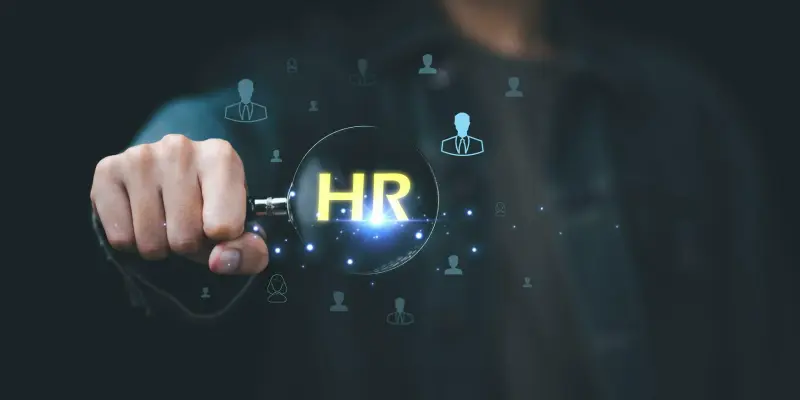The growing demand for seamless HR technology has highlighted the essential need for efficient integration across various platforms. HRTech solutions often face significant challenges such as disparate systems, API inconsistencies, and high maintenance costs. These obstacles hinder the adoption and scalability of HR technologies, impacting both HR and IT departments and causing inefficiencies. Addressing these challenges, Azilen Technologies and The Cloud Connectors have announced a strategic partnership aimed at transforming HRTech integration processes. Their collaboration seeks to streamline integration, reduce complexities, and accelerate time-to-market for HR solutions.
Streamlining Integration and Reducing Complexities
Pierre Rousseau, CEO of The Cloud Connectors, emphasized that the partnership is designed to simplify HRTech integrations, making it easier for businesses to implement connected workforce solutions rapidly. The pre-built integrations that The Cloud Connectors bring to the table complement Azilen’s extensive expertise in custom HRTech product engineering. By merging these strengths, the alliance offers a faster, more reliable, and cost-effective way to achieve HRTech interoperability. This synergy helps to eliminate the need for extensive custom development, reducing maintenance costs and operational overhead.
Additionally, Naresh Prajapati, CEO of Azilen Technologies, noted that this collaborative effort effectively removes integration roadblocks. The combined offerings from both companies allow HR solution providers to focus on delivering scalable and connected HR experiences rather than getting bogged down by technical complications. The partnership is poised to enhance data exchange efficiency, streamline process automation, and facilitate quicker market entry for new and updated HR solutions.
Expedited Data Exchange and Market Execution
The alliance aims to provide Human Capital Management (HCM) solution providers with expedited integration processes and cost-effective solutions. This partnership allows for efficient data exchange across various HR platforms, thereby ensuring data integrity and compliance. By leveraging The Cloud Connectors’ pre-built connectors, HRTech providers can easily integrate with leading HR platforms such as Workday, UKG, Greenhouse, HiBob, ADP, and others. These integrations cover key areas such as recruitment, payroll, benefits administration, and workforce planning.
This advanced capability to quickly and seamlessly integrate with major platforms helps to deliver a superior user experience, ensuring that all systems work harmoniously together. The seamless interoperability delivered by this partnership is crucial for businesses aiming to stay competitive in a fast-evolving market. It allows HRTech providers not only to launch new solutions faster but also to improve the overall quality and efficiency of existing services.
Future Perspectives in HRTech Integration
The increasing need for seamless HR technology has underscored the vital requirement for efficient integration among various platforms. HRTech solutions frequently confront major challenges such as fragmented systems, inconsistencies in APIs, and high maintenance expenses. These issues obstruct the adoption and scalability of HR technologies, creating inefficiencies for both HR and IT departments. To tackle these challenges, Azilen Technologies and The Cloud Connectors have formed a strategic partnership with the goal of revolutionizing HRTech integration processes. Their collaboration aims to simplify integration, minimize complexities, and speed up the time-to-market for HR solutions. By leveraging their combined expertise, they seek to deliver more coherent and streamlined HRTech ecosystems, enhancing functionality and user experience. This partnership promises to mitigate existing barriers, enabling more efficient and cost-effective HR operations, ultimately benefiting organizations by providing more robust and scalable HR systems.

